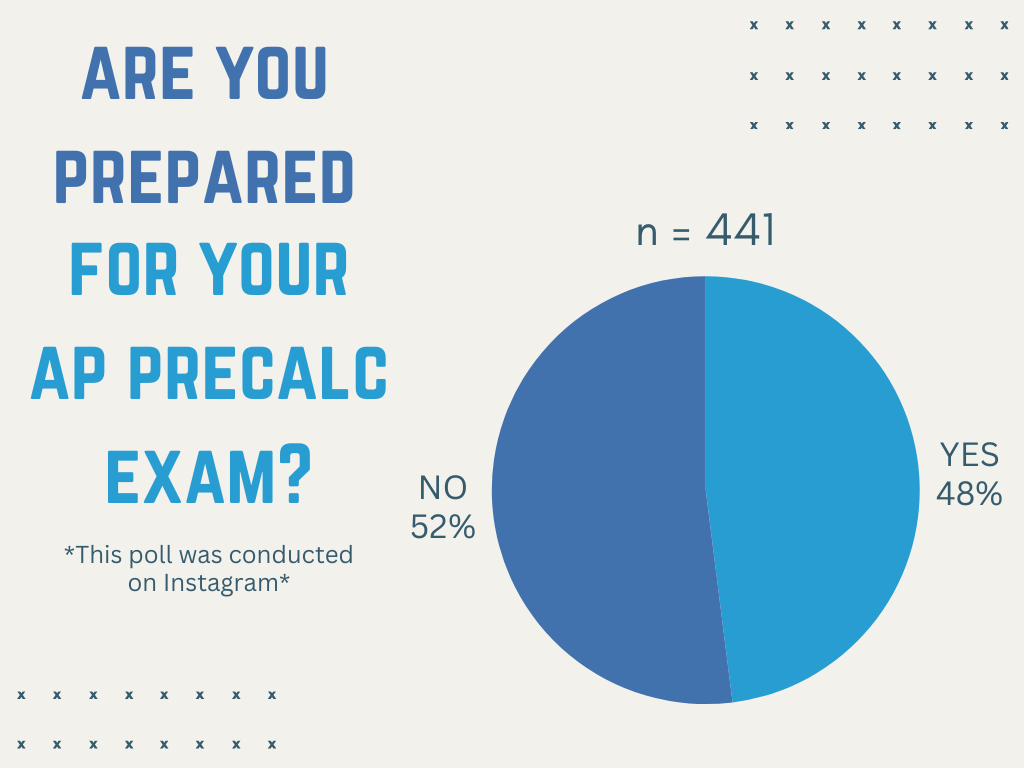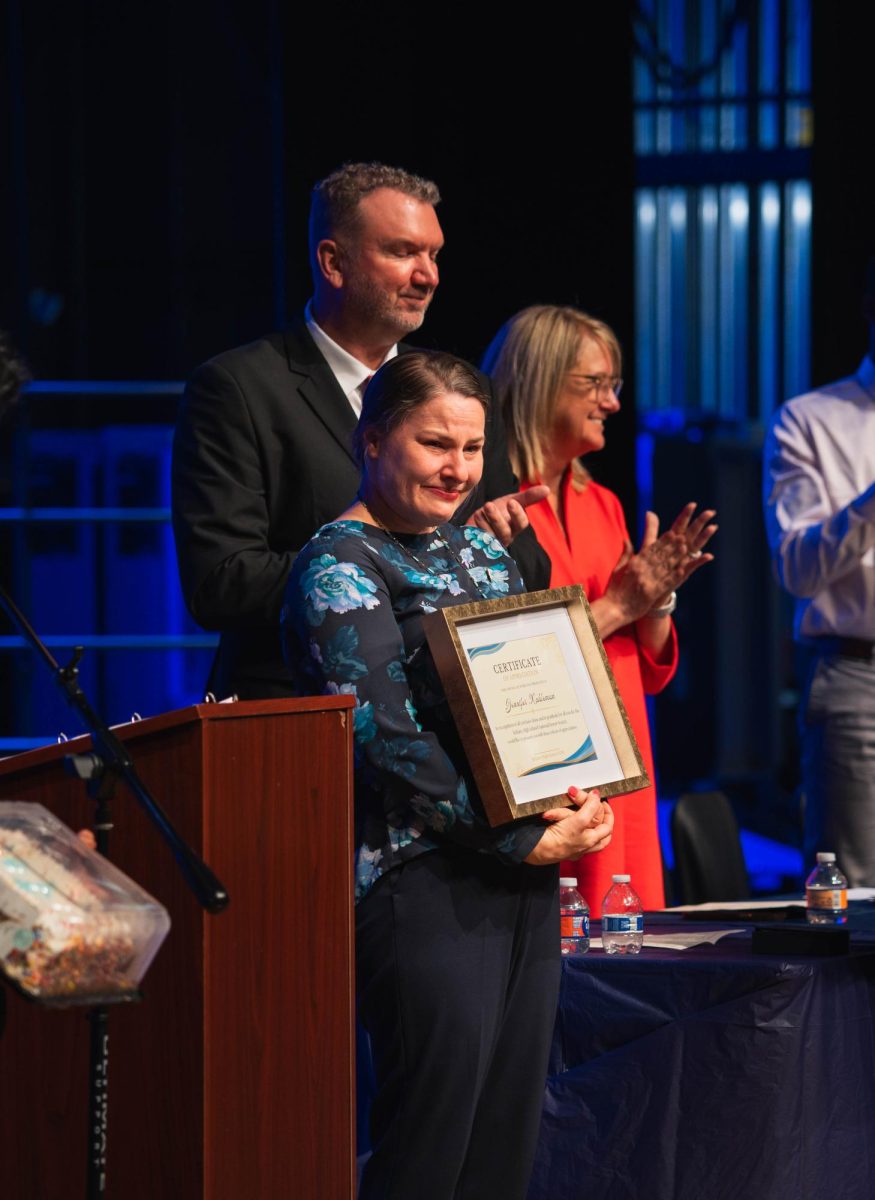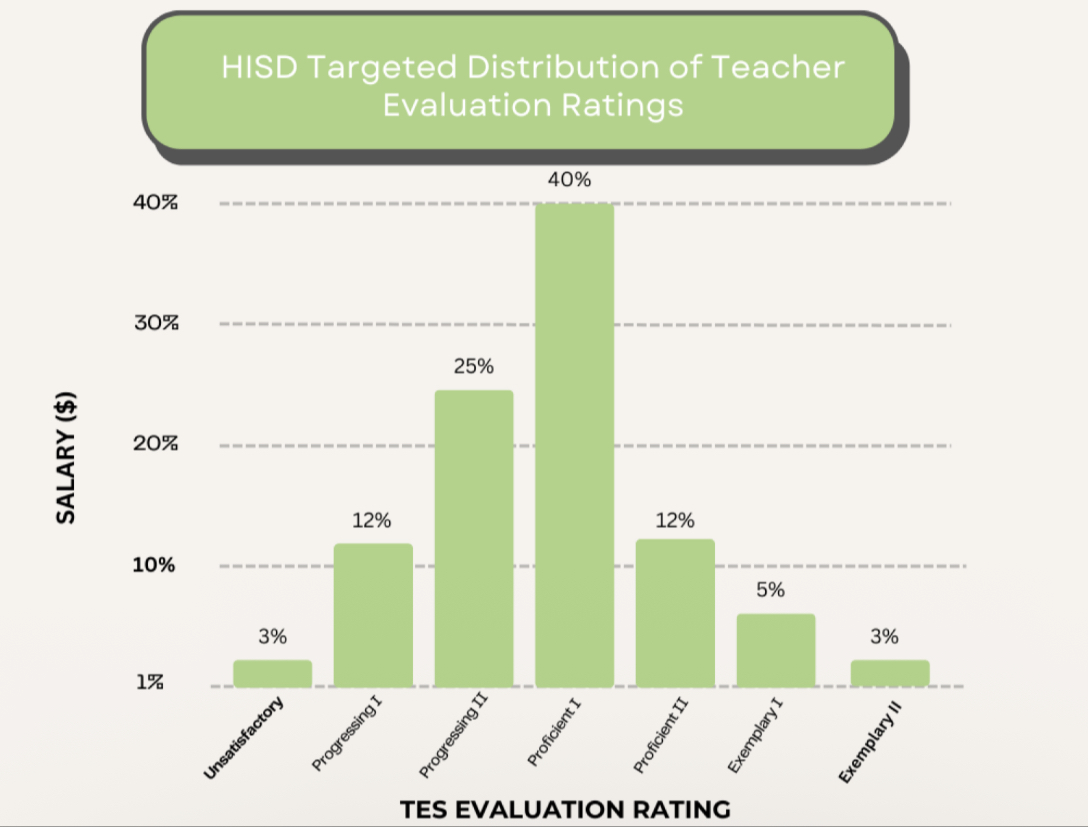This year, the College Board added a brand new Advanced Placement class to the roster: AP Precalculus. First announced in May 2022, AP Precalculus fulfilled the College Board’s goal to “better prepare students for college-level calculus.” With 200,000 students enrolling, it became the largest AP course launch ever.
AP Precalculus is a course available to students who have earned their Geometry and Algebra 2 credits. However, since Precalculus is not widely considered a college course, many colleges will not offer college credit for AP Precalculus.
Many students have expressed their concerns since Precalculus sets the basis for higher math levels, bridging the gap between Algebra and Calculus. Because AP Precalculus replaced HADV Precalculus at Bellaire, many students were forced to choose the class.
The biggest issue with AP Precalculus is that it covers a much smaller subset of topics, some of which have never been taught in Precalculus classes before. A lot of content has been cut out of a traditional curriculum and it instead opts for a more in-depth, precise focus.
AP Statistics, AP Precalculus, Algebra 2 and Algebra 1 teacher Glenda Kay Kubena believes the course “does not cover enough topical information.” AP Precalculus also puts a large emphasis on reasoning and explanation compared to before.
“I have doubts that this prepares students for Calculus BC as well as it did in the past because we’ve covered less content,” Kubena says. “However, the content we have covered has been more rigorous and deeper in understanding which is good for Calculus BC.”
A big concern for many teachers is having to teach entirely new concepts. Kubena, who has been teaching at Bellaire for 16 years and taught at a different high school in Spring Branch for 23 years before that, encountered new topics for the first time this year.
“There’s a lot of modeling and regression that is incorporated into AP Precalculus that your general, old-school math teacher will not know how to do,” Kubena said. “[My students] know more about polar graphing than I’ve ever known because I’ve learned it along with [them].”
For Reena Chopra, a math teacher of 17 years, there is a lack of resources to fall back on. Chopra, who currently teaches AP Precalculus and IB Math SL, found herself relying on some unusual methods for teaching material.
“We actually used two websites that have been putting out new materials,” Chopra said. “We’ve never done that in the past, never depended on another website. Another thing we have used this year are social media groups for teachers. There’s a big social media group for AP Precalculus teachers on Facebook that I’m a part of where people share resources.”
Despite these difficulties, Chopra still prefers AP Precalculus over HADV Precalculus.
“Although it covers fewer topics, I like that it’s more thorough,” Chopra said. “It also gives the exposure to facing an AP exam before going to AP Calculus. Most of the students at Bellaire who take precalculus are sophomores or juniors, so that’s very useful for them.”
Sophomore Samantha Tran believes that AP Precalculus “has been [her] most difficult class” despite taking other advanced and AP courses, mostly due to new topics being confusing. Even though she “takes practice tests and studies vocabulary daily,” she does not feel prepared for her AP exam. However, Tran still believes that AP Precalculus has its merits.
“I would recommend AP Precalculus to other students because not only is it a 5-point class, it sets a foundation for future math classes such as AP Calculus,” Tran said. “These are relatively difficult APs, but taking AP Precalculus first further guarantees success in those classes.”
Next year, Bellaire will offer two precalculus classes: AP Precalculus and OnRamps Precalculus through the University of Texas. Though both courses are unique and have their own merits, Kubena believes that neither are a replacement for on-level precalculus nor are they guaranteed to be accepted at colleges.
“I think OnRamps is going to be harder than AP, but you guarantee at least a credit at the [University of Texas],” Kubena said. “I would [choose] AP Precalculus as opposed to OnRamps since [OnRamps] is going to be very different and we don’t know much about it. It’s going to be very calendered without a lot of flexibility.”
In the face of this decision, Kubena reminds students that they have other options for fourth-year math options, like Algebraic Reasoning, Advanced Quantitative Reasoning, AP Statistics and Business Statistics.
With the AP exam approaching on May 13, it is definitely crunch time for the AP Precalculus students. It remains to be seen how students will perform on an exam taken for the first time ever. Though teachers have done their best to prepare, there will inevitably be some discrepancies in what was taught and what will be tested.











Irene Zheng • May 3, 2024 at 11:20 am
Wow, great reporting Serena! This is helpful for students deciding what to take.
Claire B • May 2, 2024 at 9:53 pm
Great informative story, Serena! I was really wondering what was going on with AP PreCal so this was a great read 🙂